(London) - The International Association of Classification Societies (IACS) has created a Cyber Panel to lend support and resources to address what has become a key industry issue.
IACS panels represent the top tier of the Association's issue-specific bodies, so establishing a Cyber Safety panel raises the significance of this concern to that of IACS' traditional focus areas of Safety, Environment, Hull, Machinery and Survey. Upgrading the existing Expert Group on Cyber Systems to a full Panel significantly enhances the organization's ability to address Cyber Safety concerns and support the protection of human life, property and the marine environment.
Two Joint Working Groups (JWG) also were established at the meeting. The first, on Cyber Systems, will collaborate with industry stakeholders and supplement ongoing cooperation with BIMCO under the new Cyber Panel.
The second JWG, undertaken by the Environmental Panel, will address methodologies for compliance with the European Union's Monitoring, Reporting and Verification programme for carbon emissions in EU waters.
The IACS Council also agreed to develop a recommendation on Rapid Technical Assistance so that Governments have a clear baseline as to the level of service provided by IACS members offering such a capability to ships needing a place of refuge.
This meeting also saw a successful conclusion of the IACS JWG on Energy Efficiency Design Index. New mandatory Guidelines cover application of EEDI to LNG tankers, nonconventional propulsion cruise ships, ro-ro vehicle carriers and ro-ro cargo and passenger ships as well as vessels fitted with innovative energy efficient technologies. The Guidelines also cover calculation and verification of EEDI in the case of a major conversion and how to determine minimum propulsion power for manoeuvring in adverse conditions meaning that, for the first time, the full scope of the EEDI requirements in MARPOL Annex VI may be applied consistently around the world.
Another major initiative progressed during the meeting was a commitment to further strengthen IACS' quality management system under the IACS Quality System Certification Scheme (QSCS). This robust and technically sound quality system remains unique within the international maritime industry and will celebrate 25 years in operation in 2016.
IACS continues to improve the Scheme through evaluation of key performance indicators, further development of risk management techniques and recognition of the latest industry standards.
IACS Chairman Christopher J. Wiernicki said:
"In this successful Council meeting, IACS members have once again demonstrated a firm grasp of the issues affecting the industry and a willingness to act accordingly."
Council also was delighted to welcome to the meeting the IMO Secretary General, Mr. Koji Sekimizu, who was formally acknowledged for his efforts in a speech by IACS Chairman Wiernicki, who expressed the Association's admiration for Mr. Sekimizu's achievements in leading and advocating for the Maritime Industry, streamlining the IMO, and effectively executing the role of Chancellor of the World Maritime University.
IACS Council continues to oversee, promote and support work related to the International Maritime Organization, including ongoing work relating to the IMO's Goal Based Standards programme for oil tankers and bulk carriers. The Council gave its approval to the ongoing IACS Action Plan in response to IMO Goal Based Standards verification reports.
|






































